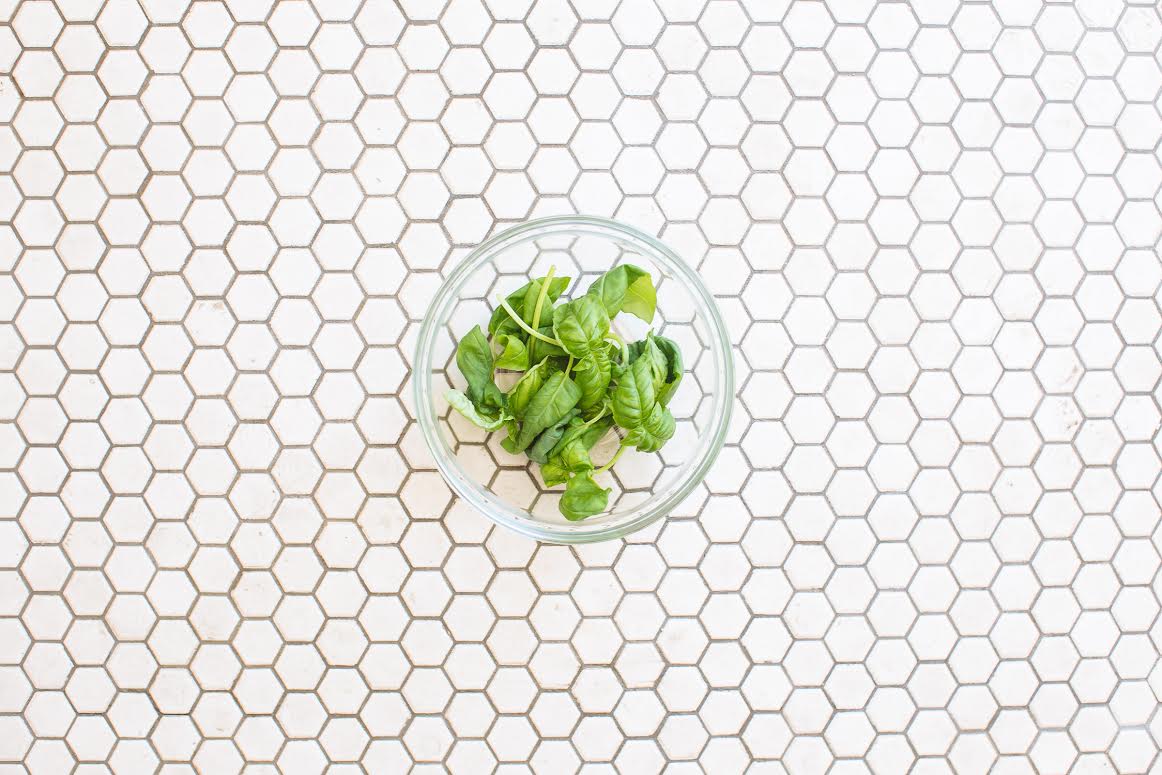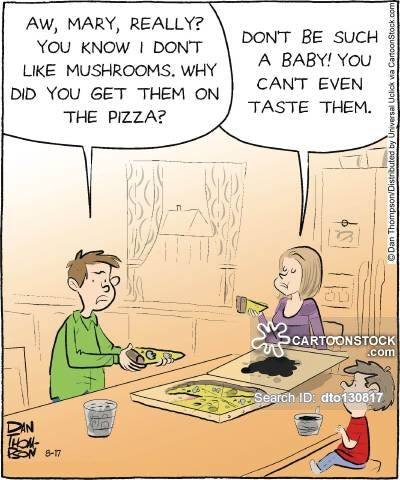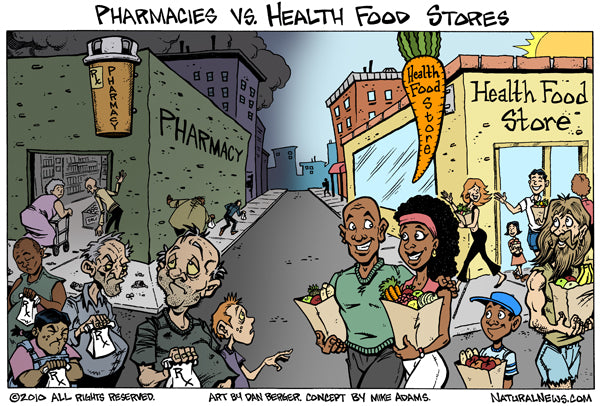
Herbs - the magical flavourings that can transform almost any dish. Yet the health benefits of herbs are not discussed nearly enough.
Your guide to plants, recipes and much more

Herbs - the magical flavourings that can transform almost any dish. Yet the health benefits of herbs are not discussed nearly enough.

With the world population increasing by the second, the question of how to feed the growing population is more important than ever.


We want to give literally anyone the joy of being able to grow anything. The boost in health, productivity and happiness that plants give. Here's how far we'll take it.

You might have noticed that the vegetables you get in the store do not really taste right in the last years. Tomatoes, that our parents shared sweet, flavorful memories about, are now...well, bland. But why is that? Have we gotten so used to the intense flavor pop sodas and BBQ ribs have to offer that we can't appreciate the good old tomato? Maybe, but that's not exactly it.

An apple a day keeps the doctor away. But why is that? Of course, if you throw it hard enough, it will keep anyone away. However, scientists are actually convinced that the flavonoid components in the apple skin are responsible for our good health.

Gif: Hrushikesh
We have already touched the topic of plant communication briefly before. While it might seem that each tree and flower is enjoying peace and solitude throughout its lifetime, it’s not entirely true. They're actually letting other plants and living creatures as far as miles away know of what's happening around by releasing specific chemicals, by transmitting electric signals, by releasing specific vibrations, by using their roots etc. The plants have actually gone as far as developing a “plant internet” that lets them communicate with each other. But the most noticeable tool of communication of plants is their movement. And we actually tend to use it for our own entertainment! Think of mimosa and you'll understand what we're talking about.
Over the years, we have conducted hundreds and hundreds of experiments here in the Click & Grow lab, testing everything from different plants to different fertilisers. Heck, we've even played music to the plants. And all that only to find the most efficient, most effortless and most "natural" urban gardening solutions. So quite naturally, the question about gardening techniques came up in the conversation amongst our team members. Which is a more superior - hydroponics or Smart Soil?
During the past years, urban farming aka. growing food in urban areas has become a world-wide trend, and it keeps on growing (pun intended). It has become stylish, it is being claimed to be the future of food, and new "smart gardening" brands are popping up faster than ever. But what is it that makes urban farming so irresistible and seemingly superior to traditional farming in the century of urbanization?

Photo: Golden rice vs white rice. UBC
Before we jump into anything, let's make one thing clear: Click & Grow DOES NOT use genetically modified seeds or organisms in our products. The following is a scientific view on the processes taking place in nature and plant breeding.
We have always been dependent on plants. In big picture, absolutely everything in our lives has more or less been made possible because of them. It also means that we are pretty good at draining this resource. If the population keeps growing at the same speed as now, then by 2050 we'll need 75% more food to survive. With natural resources not being able to pick up with our consumption habits, we have to find new ways to produce food cheaper and more efficiently. By now the best-found solution is to recombine the genetic codes of the plants to create stronger, hardier, better (and cheaper) offsprings. It might sound artificial, but it's actually what often happens in nature, and even the hated/loved GMO methods are inspired by this natural recombination aka traditional breeding methods. Here's how it happens.
Photo: Click & Grow
Just last week I attended the 28th EFFoST (The European Federation of Food, Science and Technology) conference in Uppsala, Sweden and did some notes.
Today it is estimated that the world population might rise to 10.5bln inhabitants by 2050. As some of us are starving already, it would mean that we would need to produce 75% more food! Yet, we are already using 90% of the arable land on the planet. Since we are losing huge amounts of land due to soil depletion every year, and we don't want to cultivate all parts of the remaining rain forests, we need to seek for solutions.